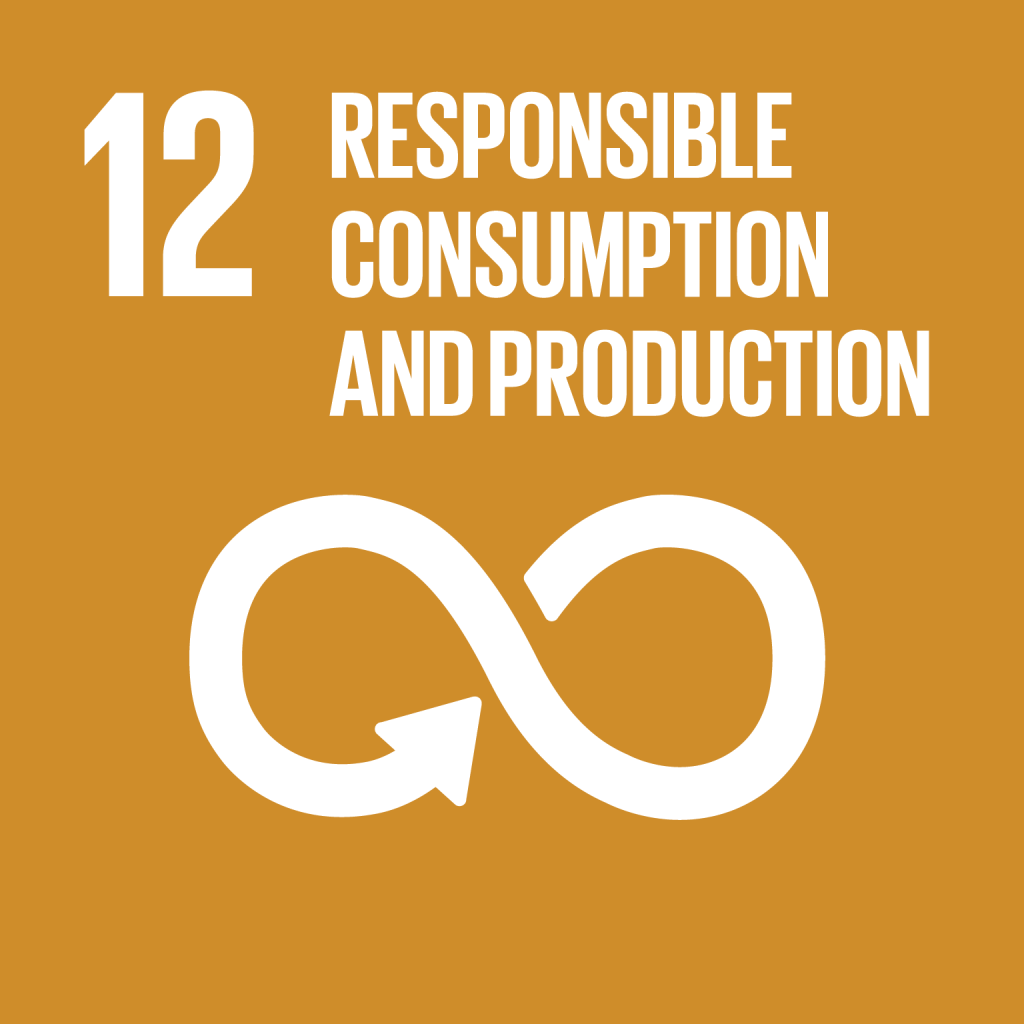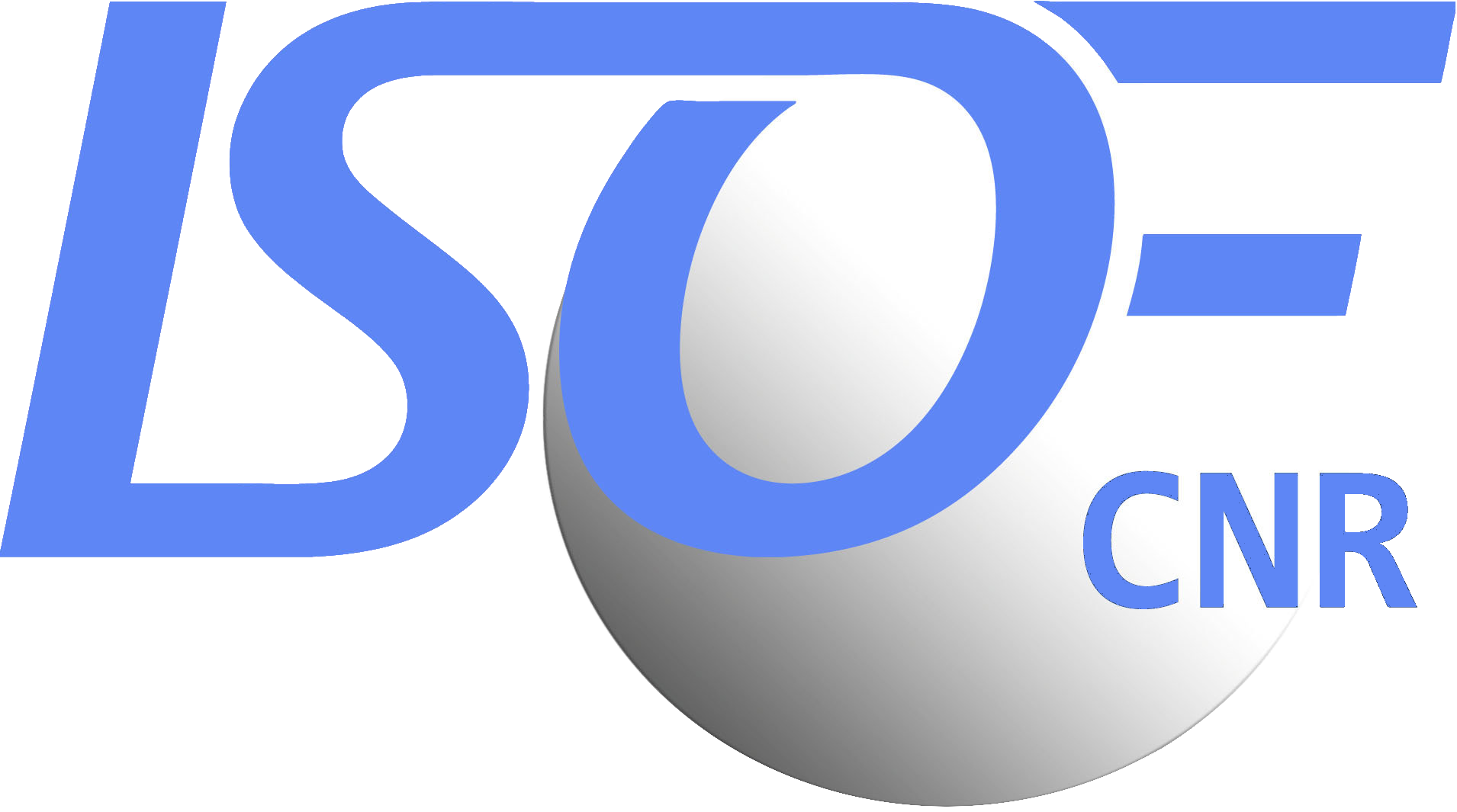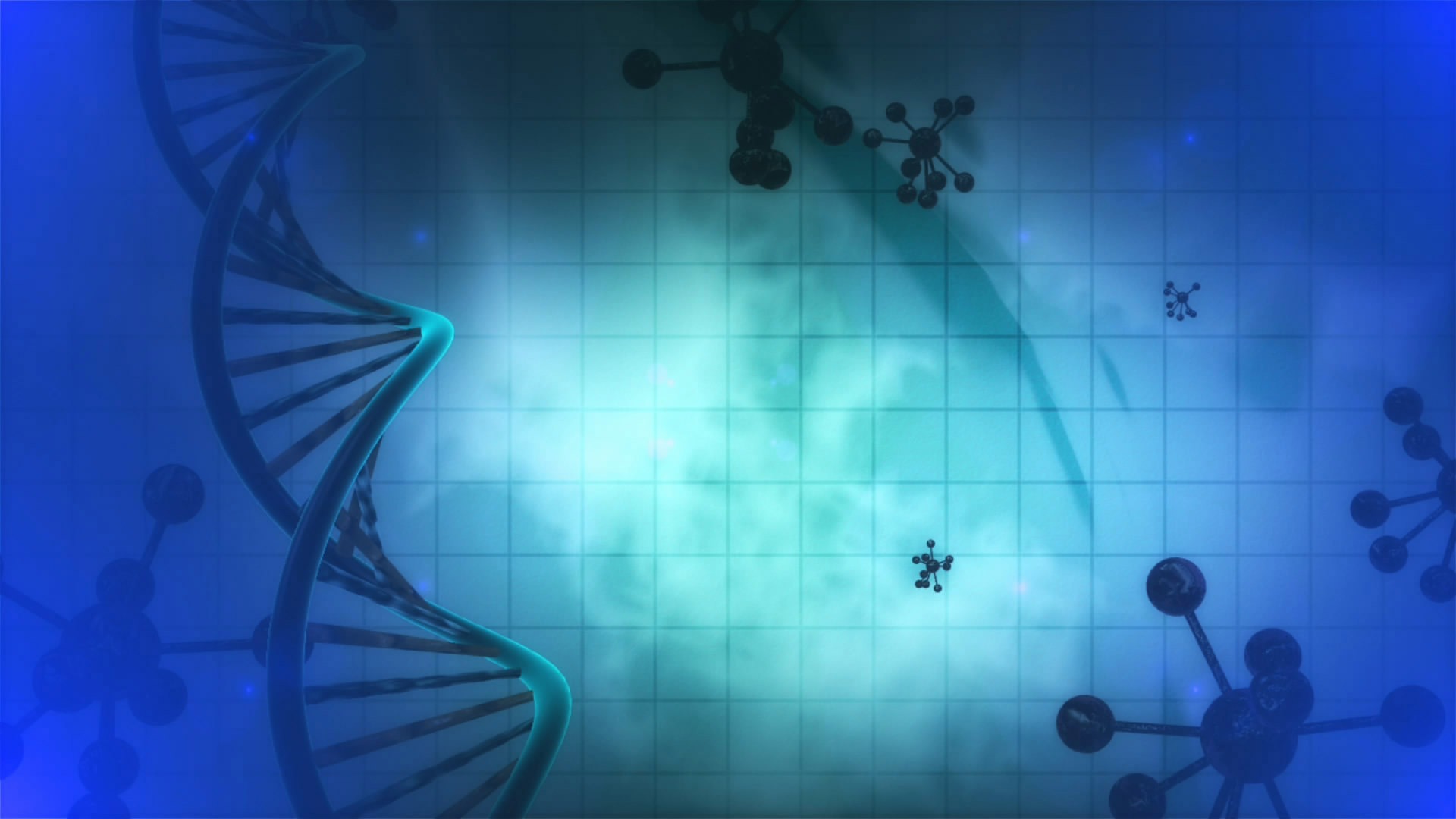
The main task of CNR is to advance knowledge in all the main fields of Science, and apply this knowledge to contribute to the development of our country by promoting innovation, establishing international collaborations and enhancing industrial competitiveness.
ISOF researchers contribute to this ambitious objective with their expertise in chemistry, materials science and biology. We are inspired by the Sustainable Development Goals (SDGs) of the United Nations General Assembly (ONU), first proposed in 2015. We are focused to achieve the following goals:

Ensure healthy lives and promote well-being for all ages (SDG 3)
Ensuring healthy lives and promoting well-being is important to build prosperous societies.
We contribute to this goal by studying the action of molecules on cells, organs and living organisms. We design and produce new molecules and materials to fight diseases such as cancer and neurodegenerative disorders, and we assemble smart nanostructures for target-delivering drugs or to selectively stimulate cells with electric/chemical inputs, which are major research challenges of biomedical science. In this way, by merging synthetic chemistry and nanotechnology, we create new drugs, new carriers for drug delivery, new therapeutic and diagnostic nano-sized assemblies for the implementation of combination therapy, and novel medical devices.

Ensure availability and sustainable management of water and sanitation for all (SDG 6)
Water contamination has become a worldwide issue and an increasing health concern.
The distribution of clean water, free from emerging organic contaminants (EOC) and micro- or nano-plastic, is already becoming critical not only in less developed countries, but also in European countries like Italy.
The number chemicals we use every year in the global market is steadily growing. Most of these compounds, including pharmaceuticals, personal care products, pesticides and surfactants are worldwide used in large quantities in human and industrial activities and disposed in different water compartments where they can persist causing severe environmental and health problems.
Following WHO updated guidelines, EU has recently introduced the new Drinking Water Directive DWD2020/2184 adding new water quality parameters and limits and asking to water suppliers the redaction of ‘safety plan’ to face any unpredicted contamination event.
At ISOF, we design materials and porous composites for water purification. In particular we are developing sustainable new filters and technologies based on graphene, polymers and photosensitizers for the removal of emerging contaminants from drinking water and for effective water desalination.

Ensure access to Ensure access to affordable, reliable, sustainable and modern energy for all (SDG7)
For many decades, fossil fuels such as coal, oil or gas have been major sources
of electricity production; nowadays, we need to ensure access to more affordable, reliable, sustainable and modern energy for all.
At ISOF, we develop new techniques to exploit the sunlight to obtain cheap and sustainable energy for our lives. We collaborate with industrial and academic partners to develop new photovoltaic materials, able to convert light in electricity. These materials are then integrated in solar cells, using solar simulators in a controlled environment. A main challenge to address is not only to produce energy, but also to store it effectively. For this, we study new electrodes for batteries, but also techniques to convert solar light directly into stable molecules, which shall be used as an alternative to fossil fuels.

Ensure Responsible Consumption and Production patterns (SDG12)
For many decades, fossil fuels such as coal, oil or gas have been major sources
of electricity production; nowadays, we need to ensure access to more affordable, reliable, sustainable and modern energy for all.
At ISOF, we develop new techniques to exploit the sunlight to obtain cheap and sustainable energy for our lives. We collaborate with industrial and academic partners to develop new photovoltaic materials, able to convert light in electricity. These materials are then integrated in solar cells, using solar simulators in a controlled environment. A main challenge to address is not only to produce energy, but also to store it effectively. For this, we study new electrodes for batteries, but also techniques to convert solar light directly into stable molecules, which shall be used as an alternative to fossil fuels.

Sustainable Development Goal n.13: Take urgent actions to combat climate change and its impacts
2019 was the second warmest year on record and the end of the warmest decade (2010- 2019) ever recorded. Carbon dioxide (CO2) levels and other greenhouse gases in the atmosphere rose to new records in 2019. Climate change is affecting every country on every continent. It is disrupting national economies and affecting lives. Weather patterns are changing, sea levels are rising, and weather events are becoming more extreme.
To address this issue, at ISOF we investigate new ways for the CO2 reduction reaction (CO2RR), by using chemistry to convert CO2 into high value added molecules.

